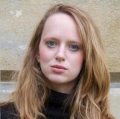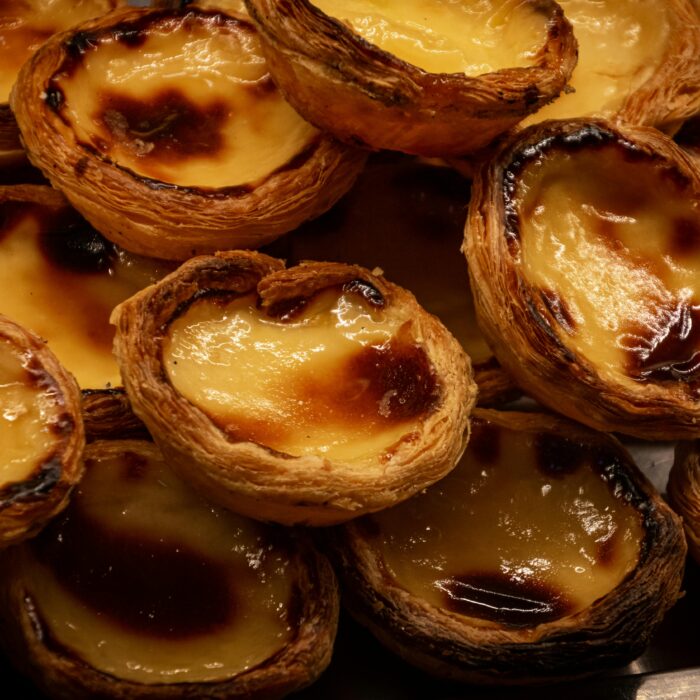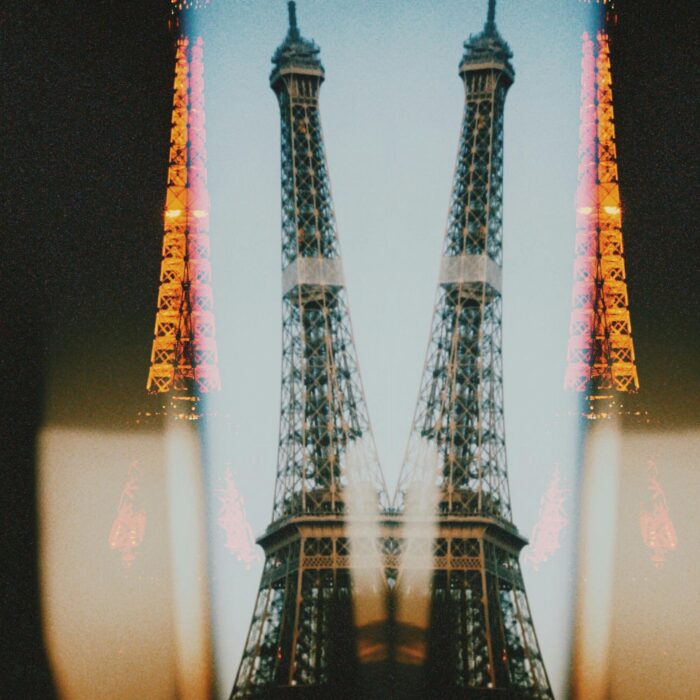You have no items in your cart. Want to get some nice things?
Go shopping
How do we make sense of the senseless? Such is the question asked – again and again – by David Grieg’s intellectually invigorating, emotionally hollow new play The Events, premiering at his traditional stomping ground of the Traverse before it reaches London’s Young Vic in the autumn. The play chronicles the aftermath of a horrific mass shooting directed against a choir for “at risk” individuals – the single mothers, former addicts, newly-arrived immigrants that serve, for the purposes of The Events, as the embodiment of every right-wing nightmare about multiculturalism. What drove the shooter – known here only as “The Boy” – to the murder of so many? “Is he mad” – one character wonders – or simply “evil”?
The public’s collective quest for answers is here embodied in the person of the choir’s leader, Claire – a tightly-wound lesbian priest whose inability to move past the trauma has taken its toll on both her personal and professional lives. As Claire, Neve McIntosh is richly raw and consistently watchable, her descent into mania at once painful and powerfully compelling. She is, as she proclaims with increasing insistence, the “victim”, but she is also something else: a spiritual, if not physical, casualty of the darkness she has endured.
Her energy is matched at every turn by Rudi Dharmalingam, who plays not only The Boy but indeed nearly every other character in the piece – the boy’s father, a local right-wing politician, Claire’s increasingly estranged partner Katrina – in a clever piece of stagecraft that reminds us throughout that every facet of Claire’s life is now refracted through the prism of what she has experienced. Her search for answers, her need for spiritual healing, her frenzied attempts to “heal” the choir of its negative energy, even – in one particularly disturbing and memorable sequence – her erotic life, have all been subsumed into The Boy’s shadow.
As The Boy, Dharmalingam is no less watchable than McIntosh – awkward enough that we can believe the normal avenues of social interaction might well have been closed to him, charismatic enough that we can envision him as a folk hero, a “Viking warrior” in his own mind. Though Grieg’s script demands that The Boy remain an eternal enigma, Dharmalingam brings enough specificity to the role that we never
Less successful, perhaps, are the scenes between McIntosh’s Claire and the various other characters Dharmalingam plays. The overall conceit is successful on an intellectual level, but Dharmalingam’s seeming reluctance to distinguish between The Boy and the various other characters he plays makes for an abrasively alienating experience: the words of The Boy’s father, say, or that of the rabidly right-wing politician trying to squirm out of responsibility for his follower’s actions, are intriguing enough on an intellectual level, but in the absence of an equally engaging emotional context, they come across as somewhat perfunctory: scenes designed to evoke our admiration rather than our empathy.
For all the emotional trauma described – the moments of psychic and spiritual alienation Claire recalls as having dogged the aftermath of the play’s titular events – we are never allowed to forget that this is a problem play – dealing all too determinedly, even self-consciously, with every possible factor (family, politics, racial tensions, economics, the plight of the white working-class male) before meandering, somewhat unconvincingly, to the conclusion that The Boy’s motives are too complicated for such simplistic analysis.
Despite this, however, The Events is very affecting – if more for the questions that it asks than for the relationships it explores. It’s briskly directed, and McIntosh and Dharmalingam have a palpable chemistry that transcends the various permutations of characters they play.
Only one directorial choice strikes an obvious false note: the frequent use of the onstage choir. While their purpose in the story becomes more apparent as the play goes on – particularly when it is made explicit why the choir we are frequently told is “multicultural” consists entirely of middle-aged white people – their presence often feels gimmicky, the musical numbers expressions of manufactured emotion: a curiously saccharine counterpart to the all-too-cerebral scenes that form the backbone of the show.
While compelling and well-acted, The Events ultimately suffers, like the mysterious Boy it attempts to explore or explain, from a disconnect between its head and its heart.
David Greig’s The Events continues at the Traverse until Aug 25, after which it tours to Glasgow’s Tron, Oxford’s North Wall Arts Centre and London’s Young Vic. See The List for more information.

Tara Isabella Burton
Tara Isabella Burton's work has appeared or is forthcoming in Arc, The Dr TJ Eckleburg Review, Guernica, and more. In 2012 she received the Shiva Naipaul Memorial Prize for travel writing. She is represented by the Philip G. Spitzer Literary Agency of New York; her first novel is currently on submission.




